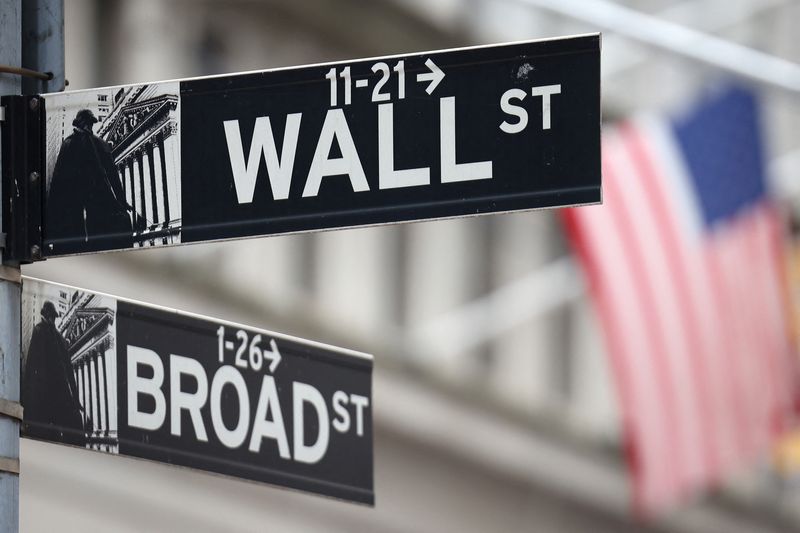Global markets may be underestimating geopolitical risks, IMF says
2024.10.22 11:43
By Pete Schroeder
WASHINGTON (Reuters) -Near-term global financial risks are contained, but monetary policy easing could fuel asset price bubbles and markets might be underestimating risks posed by military conflicts and impending elections, the International Monetary Fund said on Tuesday.
In its semi-annual Global Financial Stability Report, the IMF warned that a “widening disconnect” between escalated geopolitical uncertainty and low market volatility increases the chance of a market shock similar to the gyrations seen in August when a Bank of Japan interest rate hike sparked massive de-leveraging.
Buoyant credit and equity markets also seem undeterred by a slowdown in earnings growth and the continued deterioration in more fragile segments of the corporate and commercial real estate sectors, the Washington-based multilateral lender said.
“There’s a kind of wedge between the financial market implied volatility and the assessment of political or economic uncertainty,” said Tobias Adrian, director of the IMF’s monetary and capital markets department. “This tension worries us, as it gives rise to the potential for sharp readjustment of financial conditions.”
The report also flagged that while monetary easing by most other major central banks was creating “accommodative” financial conditions, interest rate cuts could stoke lofty asset valuations, a global rise in private and government debt, and non-bank leverage.
“These mounting vulnerabilities could amplify adverse shocks, which have become more probable due to elevated economic and geopolitical uncertainty amid ongoing military conflicts and the uncertain future policies of newly elected governments,” it wrote.
POLITICAL UNCERTAINTY
The report was released as global finance chiefs gather in Washington for the IMF and World Bank annual meetings during one of the most geopolitically and economically uncertain periods for the world in decades.
In addition to the war in Ukraine and an escalating conflict in the Middle East, half of the world’s population has elected or will elect new governments in 2024, including the U.S., the IMF noted. In many cases those new leaders’ policy plans are unclear, but will carry significant economic consequences.
In particular, economists and Wall Street executives have raised concerns that U.S. presidential candidate Donald Trump’s planned import tariff hikes could reignite inflation, while his promised tax cuts could widen the U.S. deficit.
The IMF urged central banks to communicate clearly and cut rates gradually, and said regulators should closely monitor corporate debt and commercial real estate, and ensure robust bank supervision. It also said regulators should enhance reporting requirements for non-bank financial institutions like hedge funds and private equity firms, which are playing a bigger role in financial markets. Regulators, however, generally have less visibility on such firms’ activities and leverage levels compared with traditional lenders, the report said.

The rise of artificial intelligence also featured in the report. The IMF noted that increased adoption of AI by financial firms could boost speed and efficiency, but also volatility.
Furthermore, increased reliance on a handful of AI service providers poses other operational risk, and could create a challenge for regulators trying to police what is generally seen as a more opaque technology, the report said.








